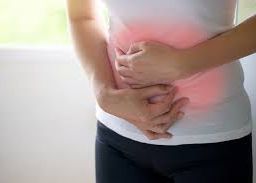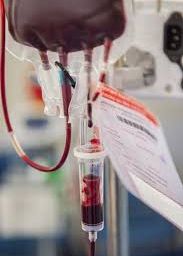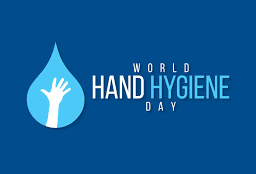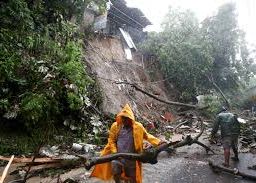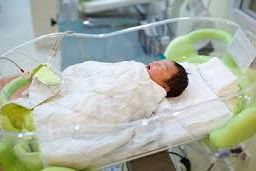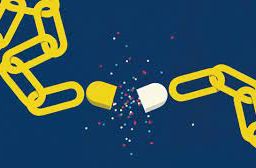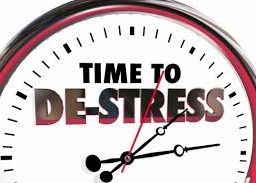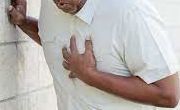
Recognizing Heart Attack Symptoms, Signs and Immediate Actions
Heart Attack is a critical medical emergency that demands immediate attention. Recognizing the early warning signs can make all the difference. In this guide, we delve deep into understanding the symptoms and essential actions to take when confronted with this life-threatening event.
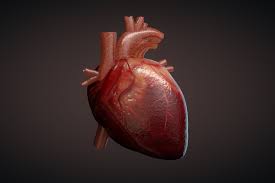
A heart attack, also known as a myocardial infarction, is a life-threatening medical emergency, that occurs when the blood flow to a section of the heart is blocked by a blood clot. Recognizing the signs and symptoms of a heart attack is crucial, as immediate medical attention can be the difference between life and death. In this post, we will discuss the common warning signs of a heart attack to help you better understand what to look for and what you should do if you or someone you are with experiences these symptoms.
1. Chest Pain or Discomfort
The most well-known symptom of a heart attack is chest pain or discomfort. This pain is often described as a feeling of tightness, pressure, fullness, or squeezing in the center of the chest. It can last for a few minutes or come and go. If you experience chest pain that lasts for more than a few minutes or keeps returning, it’s a reason for concern.
2. Radiating Pain
Pain or discomfort from a heart attack may radiate to other areas of the upper body, such as the arms (usually the left arm but sometimes both), the neck, jaw, shoulder, and even the back. This is often described as a spreading or shooting pain. If you notice pain or discomfort in these areas along with chest pain, it could be a sign of a heart attack.
3. Shortness of Breath
Another common symptom of a heart attack is difficulty breathing or shortness of breath. It can occur with or without chest pain and may be accompanied by a feeling of extreme fatigue. You may find it difficult to catch your breath, even when you’re at rest. This can happen in conjunction with or without chest pain.
4. Nausea and Vomiting
Many heart attack victims experience nausea and may vomit. These symptoms can be mistaken for gastrointestinal issues, but when combined with other warning signs, they should not be ignored. These symptoms can be especially common in women.
5. Dizziness and Lightheadedness
Feeling dizzy or lightheaded can be a sign of a heart attack. It may occur suddenly or develop gradually, often accompanied by other symptoms. These feelings may come and go or persist.
6. Cold Sweats
Sudden, unexplained cold sweats can be a warning sign of a heart attack. These cold sweats may not be related to external temperature or physical exertion. If you break out in a cold sweat, especially when combined with other symptoms, it’s essential to seek medical attention.
7. Unexplained Fatigue
Extreme fatigue or weakness, especially if it’s sudden or unexplained, can be a symptom of a heart attack. Some people, especially women, may experience fatigue as their primary or only symptom.
What to Do If You Suspect a Heart Attack
If you or someone you are with experiences these symptoms, it’s essential to take immediate action:
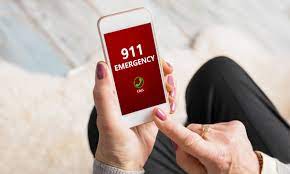
1. Call 911: Dial emergency services or have someone else do it for you. Don’t wait to see if the symptoms go away.
2. Chew Aspirin: If you have aspirin available and are not allergic to it, chew one regular-strength aspirin (not enteric-coated) while waiting for medical assistance. Aspirin can help thin the blood, reduce blood clotting and reduce the risk of further damage during a heart attack.
3. Stay Calm: Try to stay as calm as possible while waiting for medical help to arrive, as stress can worsen heart attack symptoms.
4. Rest: Sit or lie down and avoid any physical exertion.
Recognizing the signs of a heart attack is crucial for early intervention and increased chances of survival. The symptoms can vary from person to person, but chest pain or discomfort, radiating pain, shortness of breath, nausea, cold sweats, and dizziness are common warning signs. If you suspect a heart attack, call 911 immediately and follow the steps mentioned above. It’s always better to be safe than sorry when it comes to potential heart attack symptoms. Your swift response could save a life.
Disclaimer: The information provided in this content is for general informational purposes only. It is not intended as medical or healthcare advice, diagnosis, or treatment. Always seek the advice of a qualified healthcare professional with any questions you may have regarding a medical condition or healthcare decisions.



